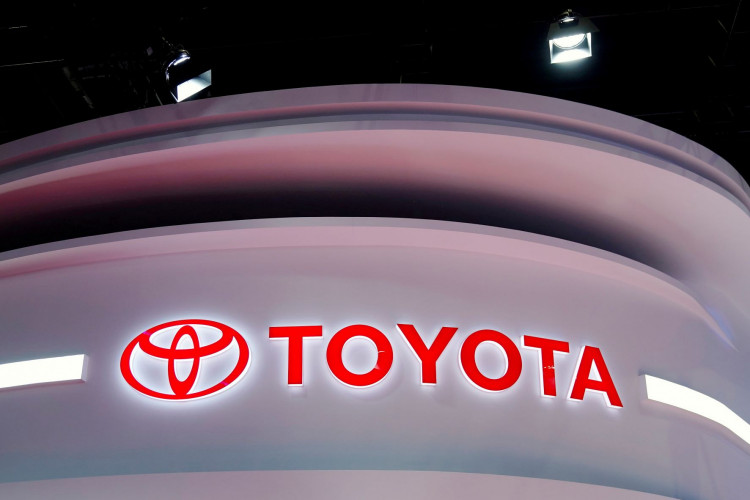On Tuesday, Toyota Motor announced it will invest $1.3 billion in a new battery plant in North Carolina as part of the company's attempt to expand its hybrid and electric vehicle program.
The new facility, which will be constructed in Liberty in 2025, will initially roll out lithium-ion batteries for 800,000 vehicles per year, setting the stage for Toyota's electric vehicle production in the United States, Chris Reynolds, chief administrative officer for Toyota Motor North America, said.
Toyota Battery Manufacturing will make the investment, which is projected to result in the creation of 1,750 new employment in the United States.
North Carolina said the new battery plant will initially manufacture batteries for Toyota's hybrid automobiles but will eventually produce batteries for electric cars.
Toyota disclosed in October that it would form a new entity and construct a new vehicle battery plant in the U.S. in collaboration with Toyota Tsusho, the auto builder's metals trading arm and a Toyota Group subsidiary. Toyota will own 90% of the battery company.
North Carolina would compensate Toyota up to nearly $80 million over a 20-year period, and the company might get up to $315 million if the project is expanded to $3 billion.
Additional funding has been approved by the state to assist with final site preparations, including $135 million for road and other site improvements.
Toyota's expansion of the project would result in an additional $185 million in site development funding becoming available.
The Japanese company hopes to eventually expand the North Carolina plant to at least six production lines capable of producing up to 1.2 million batteries per year.
Toyota announced in October that it would invest $3.4 billion (380 billion yen) on vehicle battery development and production in the United States through 2030.
The investment is part of the company's $13.5 billion investment in battery development globally through 2030, which it announced in September.
Automobile manufacturers worldwide are pouring in billions of dollars to fast-track the development of batteries and electric vehicles in response to increasingly rigorous environmental requirements.
Toyota has launched a lobbying drive in the United States to persuade legislators not to include a $4,500 tax credit for union-made electric cars.
U.S. President Joe Biden signed an executive order in August setting a goal of having 50% of all new vehicles delivered in 2030 be zero-emission vehicles.
Biden's target and automakers' 2030 objective include electric battery, hydrogen fuel cell, and plug-in hybrid vehicles that run on gasoline.






